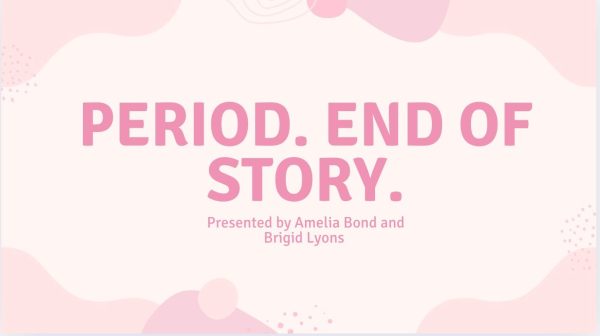Banned Book Speech: Looking for Alaska
Benjamin Franklin once said, “If all printers were determined not to print anything till they were sure it would offend nobody, there would be very little printed.” I want to show you how this 300-year-old message still rings true today and the dangers censorship poses, especially in media for young kids and teenagers. I have read and reread Looking for Alaska. I know its plot and themes like the back of my hand and I can tell you for certain that this book belongs on school shelves. This book has been with me through the good, the bad, and the ugly and I have always found great comfort within its pages. Other people should be able to find that same comfort in a book. Much of the controversy behind Looking for Alaska is due to its themes surrounding sex, but there is a great deal of irony in that. I will, over the course of this speech, try to make you understand this irony and why this book belongs in schools and libraries.
Looking for Alaska deals with hard conversations about mental health and grief in teens in an educational and helpful way. Miles and the Colonels’ grief journeys after the death of their friend are a central part of the book. They realize that they have to accept some responsibility for their roles in Alaska Young’s death, but also that in the end, it was not fully their fault. Their experiences with grief are shown in all aspects, ending with full acceptance and even a new outlook on death, mental health, and grief that is very hopeful in nature. In addition, Looking for Alaska explains the impact trauma can have on an individual that was not written about much at the time of publication. This offers very necessary representation, especially as one of the biggest hardships mentally ill people face is feeling alone and isolated. Besides not having much written about mental health when this book was published, there also wasn’t much published about “normal” teenagers.
Much of the books written at the time Looking for Alaska was published were fantasy or sci-fi, according to GoodReads, which are both, clearly, largely unrelatable to many teenagers. Teens who only see idealized versions of people their age often feel like they are not “good enough”, which is why representation of all kinds is so vital in young adult literature. Looking for Alaska provides a different type of teen story, one that is often overlooked in media. At its heart, this book is a story of friendship and loss, which are things many teenagers can relate to and find themselves in. John Green not only wanted teenagers to relate to his books but also to learn helpful lessons from them.
The reason Looking for Alaska has been banned in so many places is that it has sexual themes. However, John Green has clear reasonings for why he put these themes in this book and they are to teach teenagers meaningful lessons. When writing a sexually explicit scene, Green used somewhat medical language while writing to show people that meaningless sex is not good for them. Studies by the National Center for Biotechnology Information have shown that teaching comprehensive sex education reduces teen pregnancy rates. This education should go beyond school and into what media teenagers read. Having comprehensive sex education, including in books, has been shown to help teenagers instead of hurt them. People who have tried (successfully) to ban this book have misconstrued this idea. Trying to ban Looking for Alaska has a great deal of irony behind it and if the people who want it out of school shelves took a second look at the book, they would understand why.
To convince you why not only Looking for Alaska should be on school shelves, but also why all books have a place in schools, I will go back to another quote, this one by Laurie Halse Anderson. “Censorship is the child of fear and the father of ignorance.” Thank you.







Mr Roy • Jan 17, 2023 at 4:15 PM
Great share! Thanks Helen!
sophia • Jan 17, 2023 at 11:53 AM
I love Looking for Alaska. Your speech does a great job at showing the things that make it a great book and defending it. It’s a must-read for every teen.
C. Sheldon • Jan 15, 2023 at 12:21 PM
Helen,
Nicely done!
Mr. Sheldon